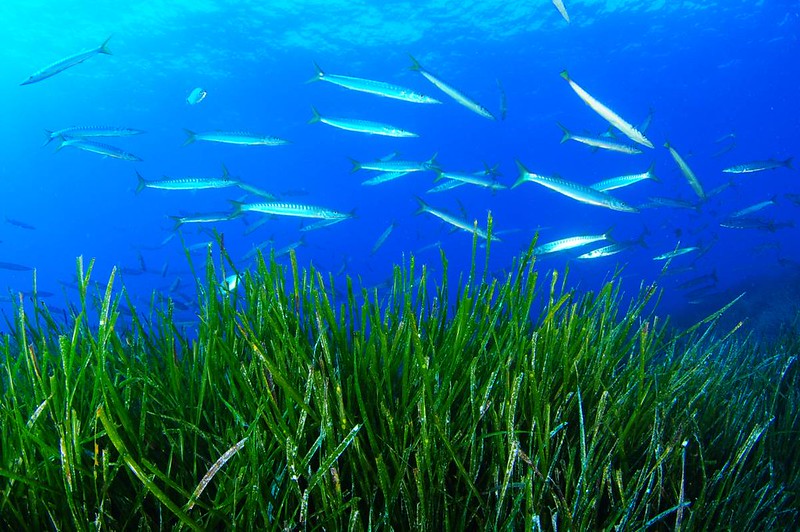MADRID: Research shows seagrass could clean 900 million pieces of plastic from the Mediterranean every year. For two years, researchers looked into the effect the seagrass species Posidonia oceanica has on the cleaning of the Mediterranean Sea water.
Neptune grass may hold the key
Scientists at the University of Barcelona recently published the results of their research on the seagrass species Posidonia oceanica. This is also known as Neptune grass. This grass species only grows in the Mediterranean Sea and regularly washes up on the Spanish beaches in the form of balls known as Neptune balls.
Research in Mallorca – traps plastic in the Mediterranean
Scientists counted plastic particles in Neptune balls that washed up on four beaches on the Spanish island of Mallorca. They also investigated the loose leaves of the same seagrass species. Half the loose leaves examined contained plastic particles – up to 600 particles per kilo of leaves. The seagrass balls contained up to 1,470 pieces of plastic per kilo.
The investigation did not reveal whether the plastic waste harms the seagrass itself. However, it could be a natural method of cleaning plastic from the Mediterranean.
Purifying effect
An additional advantage of Neptune grass is that it absorbs CO2 and replacing it with oxygen. In addition, it offers protection to hundreds of fish species. Because it grows in shallow water, Neptune grass also helps against the erosion of beaches.
Their study, published in the journal Scientific Reports, showed that “plastic debris in the seafloor can be trapped in seagrass remains, eventually leaving the marine environment through beaching.”
Ms Sanchez-Vidal, Marine biologist and study lead author describes it as a “continuous purge of plastic debris out of the sea”. The report concluded: “This is why we need to protect and preserve these vulnerable ecosystems.” They added however, that “the best environmental protection strategy to keep oceans free of plastic is to reduce landfills.”


